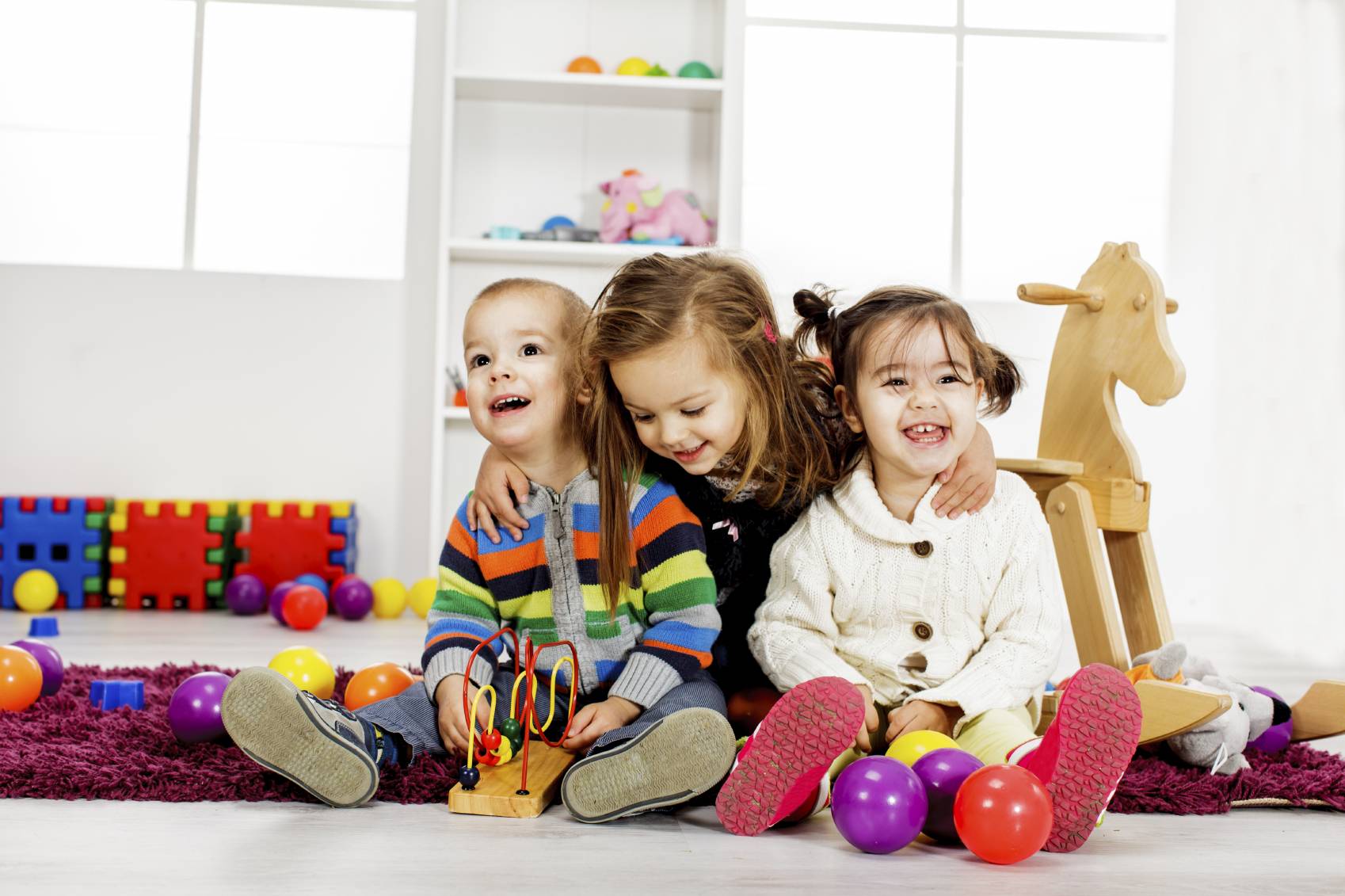Key Points:
- Developing social skills is important for babies, as positive relationships with others can help them develop empathy, trust, and compassion.
- Babies are born with their own social styles, and it’s important to create a warm environment where they can express how they feel.
- Affection and social rehearsal can help toddlers prepare for social situations and develop confidence.
- Playdates with other children and building self-esteem can further enhance a child’s social skills and interactions with others. Kinedu offers activities to help build social skills in young children.
From the moment your baby was born, they started to learn social skills to respond and adapt to the people around them. They will eventually start to enjoy seeing other people, but they will still always prefer their parents’ company.
Babies thrive on the relationships they establish with their parents and others, and these relationships are the building blocks for healthy human development. A good, strong, and positive relationship with toddlers can help them develop empathy, trust, and compassion, giving them also a sense of safety and confidence when they start interacting with other people.
It is important to acknowledge that each baby is born with their social style. Some may be more outgoing or extroverted, while others may be a bit shy and quiet. Generally, when a toddler turns two years old they begin to enjoy playing with children their age, and by three, they’ll be on their way to making real friends. But like any other skill, they will need to learn how to socialize by trial and error.
Tips to enhance your toddler’s social skills
1. Teach them emotional intelligence
The first step to help toddlers develop social intelligence is by helping them learn to manage their emotions, which is one of the foundations of interpersonal relationships. This means working to create a warm environment that’ll encourage more verbal expression about how they feel.
2. Be affectionate towards them
Children who are more open and affectionate are more likely to have friends, so don’t hesitate on giving your kid kisses, hugs, and snuggles. You can also invite friends and relatives over; your child will love visitors, young and old alike, especially when they are friendly and give them lots of attention.
3. Rehearse social situations
Prepare your toddler for an upcoming ‘social event’ by describing the setting, expectations, and the attendees. You can show your little one the benefits of getting involved with other people, and explain how interactions will be. Also, it is important not to force your baby to interact if they don’t seem ready; if your child is shy, you can gradually expose them to these situations.
4. Organize playdates
Keep playdates short and small at first, with only one or two other temperamentally similar babies. Make sure you have plenty of toys for everyone since very young children have difficulty sharing things with others and be prepared to intervene when disagreements over toys develop.
5. Confidence is all
Building self-esteem in your child will help them interact with other people. Think about a time when you were feeling really good about yourself. You probably found it much easier to get along with others. There are many different ways you can build self-confidence in your little one. Try praising their efforts at an activity or daily task, or present them with small but attainable challenges! The more confident your child feels, the more likely they will feel secure enough to start to interact with children their age.
Want more tips and activities to enhance your toddler’s social skills? Try our “Building social skills” track. With these activities, your child will learn to interact with people around them, imitate older kids, and even recognize family members!








